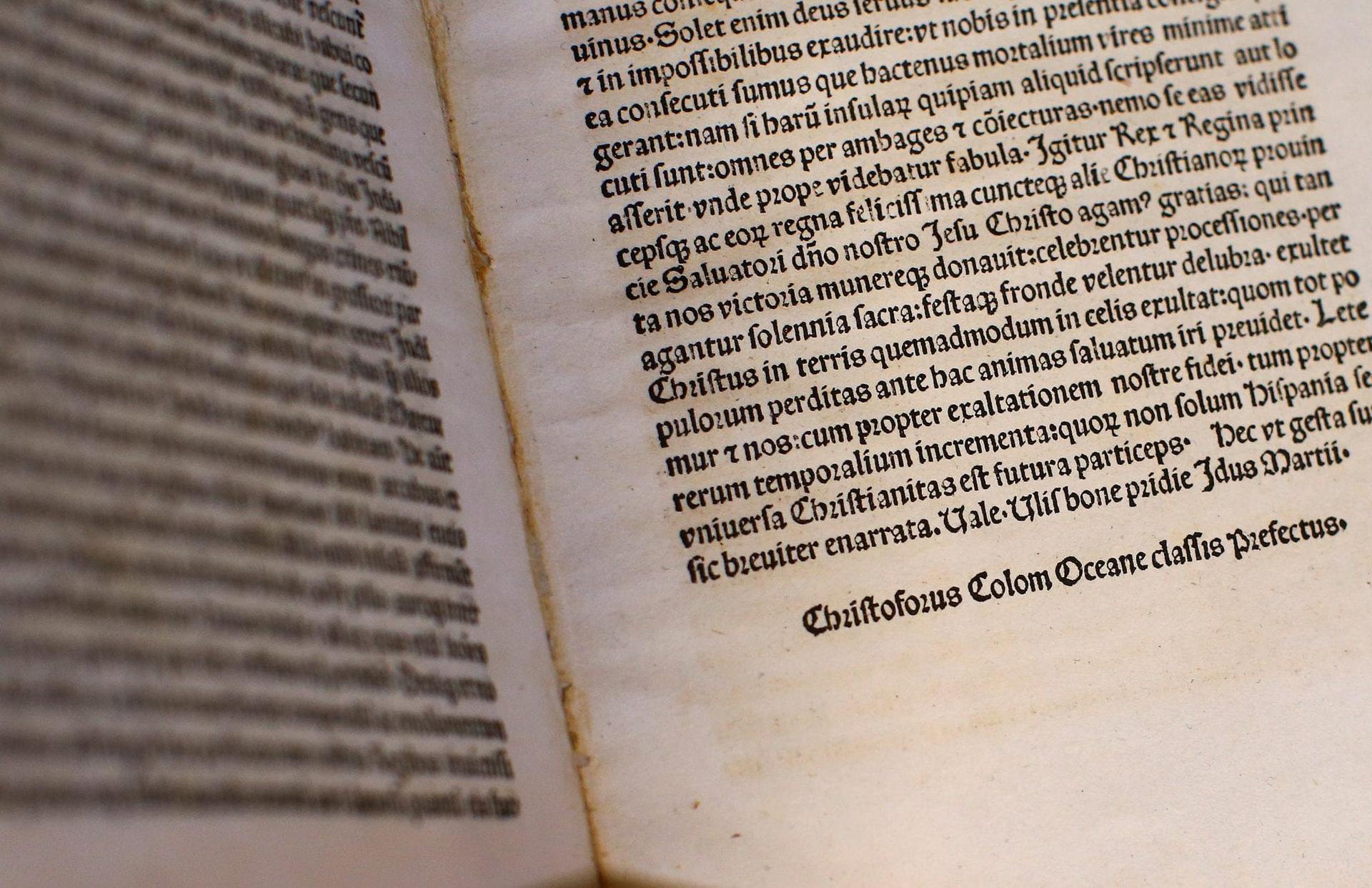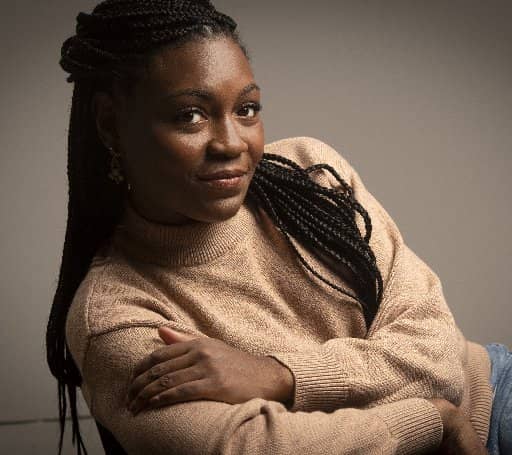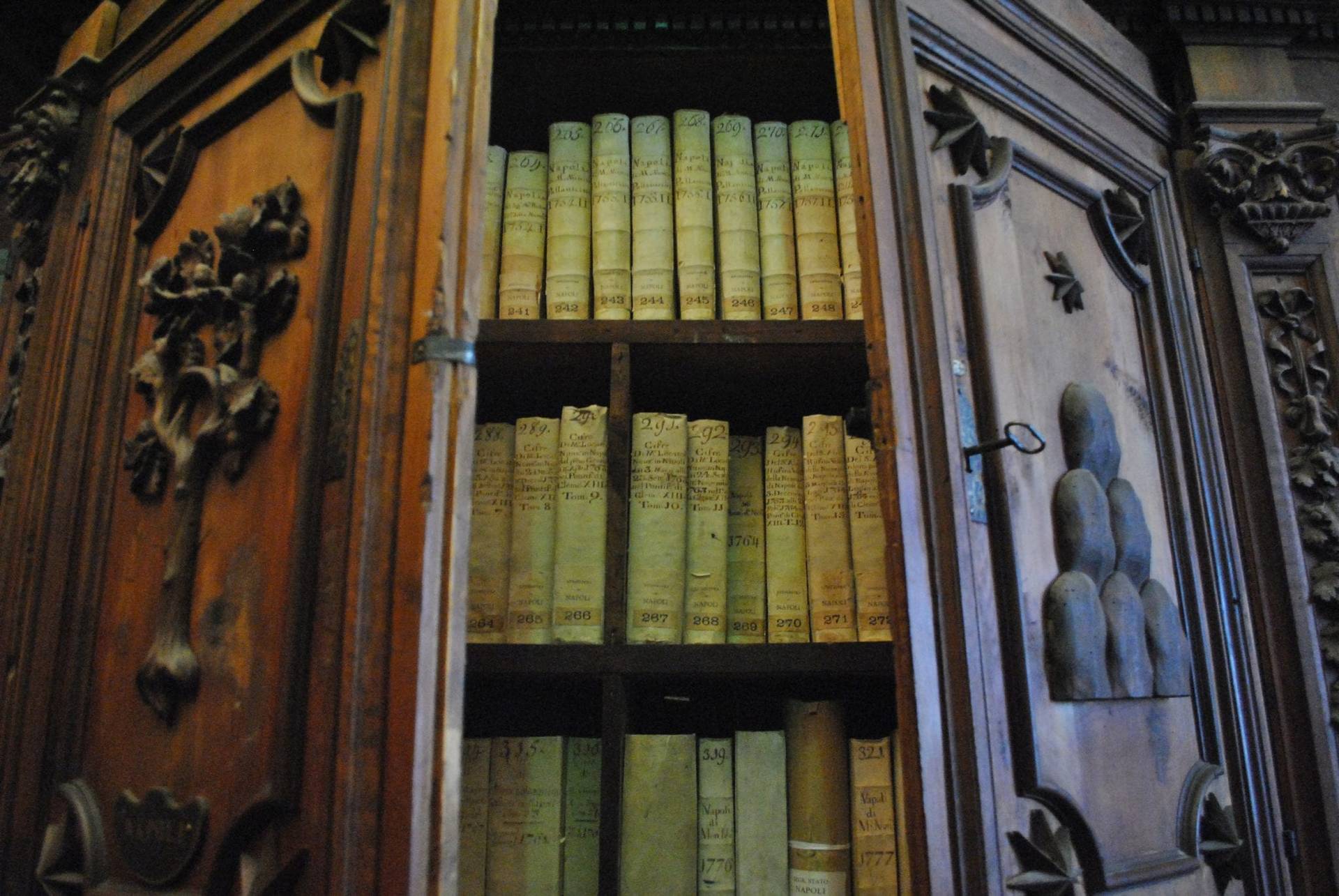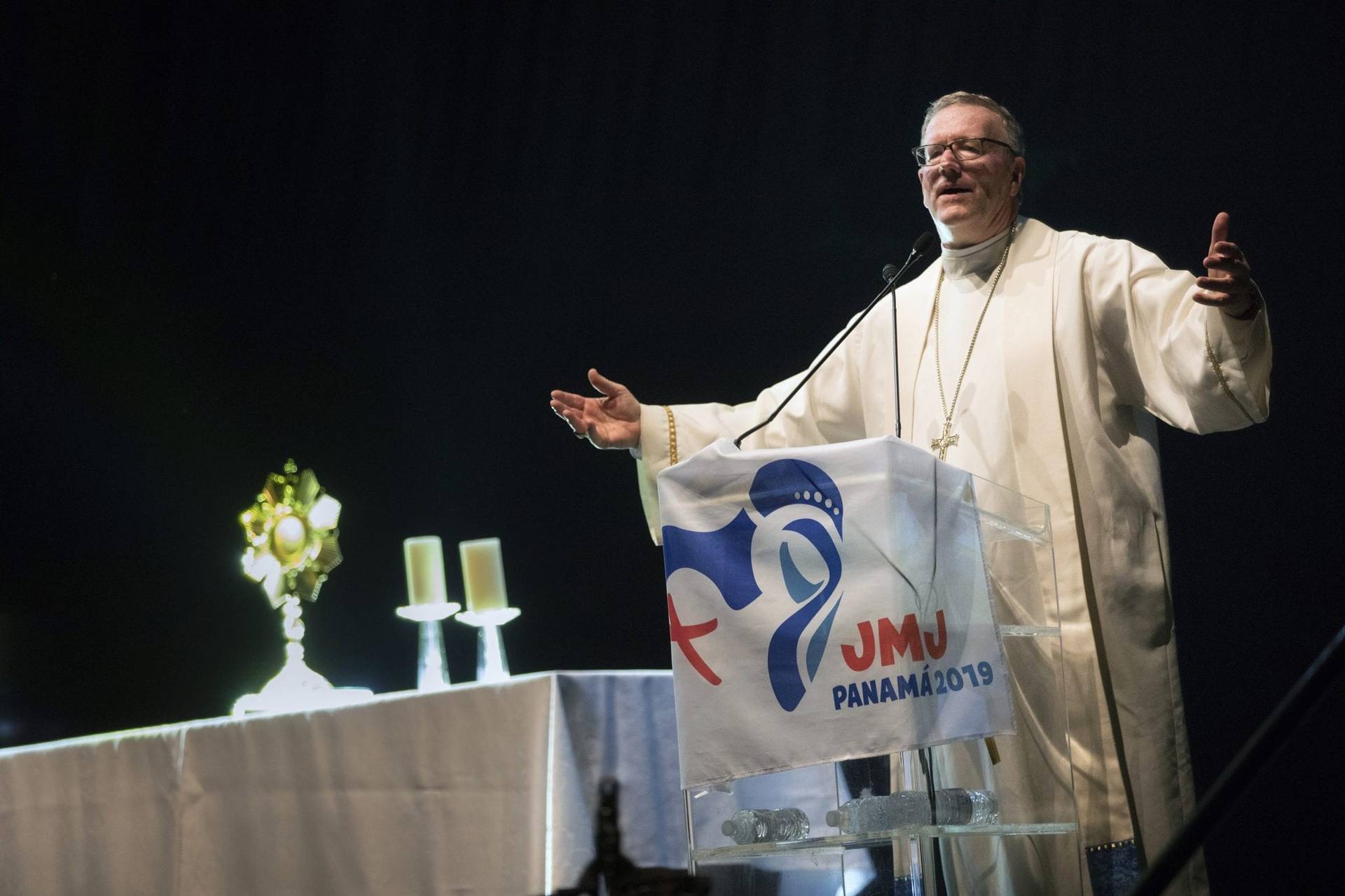[Editor’s Note: You’ve spent the past year reading us, so we thought it only fair to offer a compilation of what we’ve been reading this past year. While the titles we recommend aren’t all Church related, nor necessarily even new, once again we offer you a glimpse behind the curtain as to what we’re up to in our (very limited) down time.]
Inés San Martín, Rome Bureau Chief
Not much has changed about the way I view book recommendations in the past 12 months, meaning, I still don’t like recommending them, as I rarely enjoy the ones friends or even the media claim I should read, and more often than not, when I find myself holding a book, it’s in Spanish.
Hence, my library — both in print and in virtual format — resembles my movie and TV show streaming service: a collection of half-read (viewed) misfits, old time classics and not-yet-released to the public volumes that someone thought I’d want to review.
Yet, braving possible criticism from those who disagree with my completely unscholarly opinion, my work-related choices for this year are The Strength of Vocation, a book-length interview Pope Francis granted Spanish Father Fernando Prado; Reflections on the Lord’s Prayer, by the Argentine pope; and The Other Francis, by American journalist Deborah Castellano Lubov, in which the author interviews several people who know Francis the best.
In the first two, the intermediary between Pope Francis and his thought is either invisible or non-existent, something that can be challenging for a man who’s often misquoted either because his phrases are taken out of context or because they are open to having more than one interpretation.
In the case of Lubov, she compiled a series of interviews she did through the years with people close to the pope, including his only living sister, and Cardinal Pietro Parolin, the Vatican’s Secretary of State prefaced it.
Beyond those three, I tend to gravitate towards mystery novels that, to be honest, I probably shouldn’t recommend, such as anything I find in the airport from Mary Higgins Clark, or I fall back on the classics I have stored in virtually all my devices, from Chesterton to Poe.
Elise Harris, Senior Correspondent
With the pope, the Vatican and everything in between being the daily bread of my professional life, I tend to stray away from related topics when it comes to books, which I mostly read for pleasure. Admittedly, I ought to be better about keeping up on the latest works of my colleagues and other related writings that would help round out my knowledge and competence on the Vatican beat, but the books I’ve read over the past year I have found not only to be fascinating as stories, but intellectually stimulating, fun and full of culture.
My first two books of 2018, which I took up as a Lenten penance as a substitute for Netflix, were A Gentleman in Moscow, and Rules of Civility, both of which were penned by the same author: Amor Towels, and both I found to be fascinating reads.
Though A Gentleman in Moscow was Towels’ second book, I read it first, as it caught my eye while I was perusing titles at a bookstore. I found the description interesting and was taken in by the wit, culture and personality of the protagonist, Count Alexander Rostov, an aristocrat arrested and sentenced by a Bolshevik tribunal to a life of house arrest in Moscow’s Metropol Hotel for writing a poem judged to encourage revolt.
Forced to give up his life of luxury and his fancy hotel suite, replaced by a tiny attic with the bulk of his possessions being taken as property of the hotel, Rostov is essentially thrown into a new lifestyle that forces him to own the situation, mastering his circumstances rather than being mastered by them, and learning to live a life of generosity, friendship and a depth of humanity that had been missing from his previous life, all the while watching the culture-defining changing of an era from his small bedroom window and the hotel rooftop.
In the end, I was not only intrigued by the count’s taste in wine, food, literature and the human connections he makes, but I was also taken in by how masterfully Towels encapsulated modern Russian history. His picture of the political climate of the day in many ways helped put into context the historical roots of the current conflict between Russia and Ukraine, which Pope Francis has often spoken about, peeking my interest in Russia-Ukraine affairs.
On Rules of Civility, published in 2011, the opening of the book in a jazz bar on New Year’s Eve in 1937 was enough to keep me reading as the main cast of characters navigated their way through mansions, Bendel’s and gin martinis as Towels built a storyline akin to classics such as Breakfast at Tiffany’s and The Great Gatsby.
Following the story of Katey Kontent, a Russian immigrant determined to make it big in New York, the novel begins with a flirty night out with Kontent and her best friend and roommate, Eve Ross, both of whom by chance meet a charming, handsome and seemingly wealthy young man named Tinker Grey who strives to live his life according to President George Washington’s Rules of Civility and Decent Behavior.
However, as the plot eventually reveals, Grey abides by all 110 rules except the last one: “labour to keep alive in your breast that little spark of celestial fire called conscience.” After a tragic car accident leaves Ross disfigured, a guilty Grey puts his feelings for Kontent on hold while he woos Ross in a bid to make up for the fact that he was the driver on that fateful night.
As Kontent begins to navigate a new life for herself, taking up a position at a hot new magazine, she eventually finds out that Grey is not who he said he was, and despite her ambition, opts to leave Grey to his own devices as she moves forward with her own life, eventually climbing the ladder to the highest rungs of her magazine.
Though the plot line is not necessarily anything new, I found it hard to put the book down as I made my way through Towels’ scenes full of parties, furs, silk stockings and hip flasks. And though neither of these books has anything to do with the Vatican or my line of work, I found them to be enjoyable reads and will likely pick up the next Towels book when it hits the shelves.
As for Agatha Christie, she is a recent discovery of mine, as I only this year began to read her books, starting with Death on the Nile and moving onto Murder on the Orient Express, which I am currently finishing up. Though they are quick reads, I find myself completely absorbed in every case Hercule Poirot, with his arrogance, culture and deduction, tries to solve. Well worth the read, in my view.
Claire Giangrave, Faith and Culture Correspondent
In a year of considerable social and political strife, including in the Catholic Church, I found myself drawn by the concept of redemption, choosing books that spoke to me about silver linings and the quest for the meaning of life.
Few books do this as masterfully as The Night of the Gun, written by my late mentor and New York Times reporter David Carr and detailing his struggle to emerge from a life of drug addiction and crime to be a father for his two children.
The autobiography is special in several ways. In it, Carr endeavors in an investigative reporting of his own life, which drug and alcohol usage had rendered foggy and inscrutable and blurred the lines separating what is real and what is not.
By speaking to key witnesses, family members, old friends and looking at police reports, Carr pieces together the man he was before turning his life around. It’s a story about perdition, faith and, redemption but it is ultimately a story about truth, an increasingly scarce commodity these days.
The ultimate truth, the meaning of life, is at the heart of August Turak’s Templeton Prize winning book Brother John. The short, illustrated essay guides the reader through the prayerful halls and chapels of Mepkin Abbey in South Carolina.
After a skydiving accident left Turak, a successful entrepreneur, in a profound existential crisis, he decided to live with the Trappist monks who abide by the severe Benedictine rule.
The abbey is filled with fascinating characters whom the author masterfully and fondly describes. Among them is Brother John who embodies such an example of holiness and dedication to others to inspire in Turak the same desire for transcendence.
But great examples of piety and goodness can leave others feeling inadequate. Like becoming an Olympic athlete or climbing Mount Everest, the choice of a holy life could be dismissed as a potential given only to the few.
Turak and the monks encourage the reader not to be daunted by the commitment of choosing a life of faith, for within it lies not only the opportunity to rise above our fear and insecurities, but also a shot at true happiness.
Shannon Levitt, Business Manager/Editor
Looking over my 2018 reading list I see that it’s mostly filled with fiction. It’s not that surprising since I love novels. However, some of the books that most stand out are non-fiction works, and they’re not that recent either.
In Sheri Fink’s Five Days at Memorial she writes extensively about all that happened at Memorial hospital in New Orleans during Hurricane Katrina. When that disaster struck, I was living in Rome and watching everything from afar. It was one thing to witness the wreckage and inability of the Bush administration to handle it and its fallout from outside the U.S., but this book brings it all home in a very personal way. It’s a huge book with lots of characters and endless detail. I almost wish it had been written as a series of three books just for purposes of keeping it all straight! It focuses on whether or not the people at the hospital should have been charged with crimes for prematurely ending the lives of some of the patients in their care. It’s a fascinating look into the medical profession, euthanasia, end of life care and how people deal with all of it in the midst of disaster. One tidbit that really stood out to me was that the public hospital in New Orleans dealt with the crisis much better than the private hospitals. Fink theorized it was because their staff was more equipped at handling crises with few resources, which makes one reflect on our system.
David Sedaris is a humor writer, and he’s one that actually makes me laugh out loud. A book he wrote a few years ago called When You Are Engulfed in Flames is another collection of hilarious life essays. I especially like it when he talks about his struggles with learning French as I had similar experiences learning Italian while living in Rome. And now I’m learning Spanish and it is all coming back to me! His final essay in the collection is about his effort to stop smoking. I tried to convince John to read it since he’s also a smoker and is thinking about quitting. It’s worth a read to anyone thinking about quitting that particular habit. Something to make you laugh as you suffer!
One of the final books I read this year is Helter Skelter by Vincent Bugliosi with Curt Gentry which I’m sure most people know is about the Charles Manson murders. I thought it might be fun finally reading it when I saw it on the recommended shelf at the library, even though I felt I already pretty much knew the whole story. It’s a very long book, nearly 700 pages, but I read it in less than a week. It’s one of those books you just don’t want to put down even when he’s going through the tedium of the trial and motions. It turns out that the writer was the prosecuting attorney on the case. Who knew? But what I found is there’s a very good reason this case still interests and frightens people. Even knowing all that I did about Manson and his Family, there was more to learn and reading a book written so soon after the crimes were committed that covered it all in such detail does make me understand the Manson fixation better than I did before.
As a side note, I began the year with a novel called The Girls by Emma Cline. It is a fictional account of a woman who was involved in a Manson-like cult that culminated in Manson-like crimes. It was quite a good novel, but I had never intended that 2018 be a Manson year. But with books, you never know where your reading path will lead.
Christopher White, National Correspondent
While I should read more fiction as a distraction from all things Catholic, three standouts from this year’s reads are nevertheless from this beat.
Massimo Borghesi’s The Mind of Pope Francis — published last year in Italian and finally out in English — is an exceptional intellectual biography. It’s a deep dive into Latin American philosophers and theologians — figures largely unknown to me — who shaped the mind of the now pope. For anyone seeking an honest understanding of who shaped and now motivates Francis, this is a must read.
The Fisherman’s Tomb: The True Story of the Vatican’s Secret Search by John O’Neill is a riveting tale of the American backed efforts to find the bones of St. Peter. While the scavi tour in Rome is a hard ticket to get, readers of this book can get a glimpse at the rich history underneath St. Peter’s and the unlikely figures that defied all odds to tell it. For a teaser, here’s my interview with O’Neill earlier this year.
My friend Rhina Guidos’s biography Rutilio Grande: A Table for All, which is part of Liturgical Press’s indispensable “People of God” series, chronicles the story of the man and the mind whose martyrdom would have profound consequences for his close friend, now saint, Oscar Romero. For those still reveling in October’s long overdue canonization — and hoping that Grande might one day receive the same recognition — this book is the perfect way to punctuate those aspirations.














